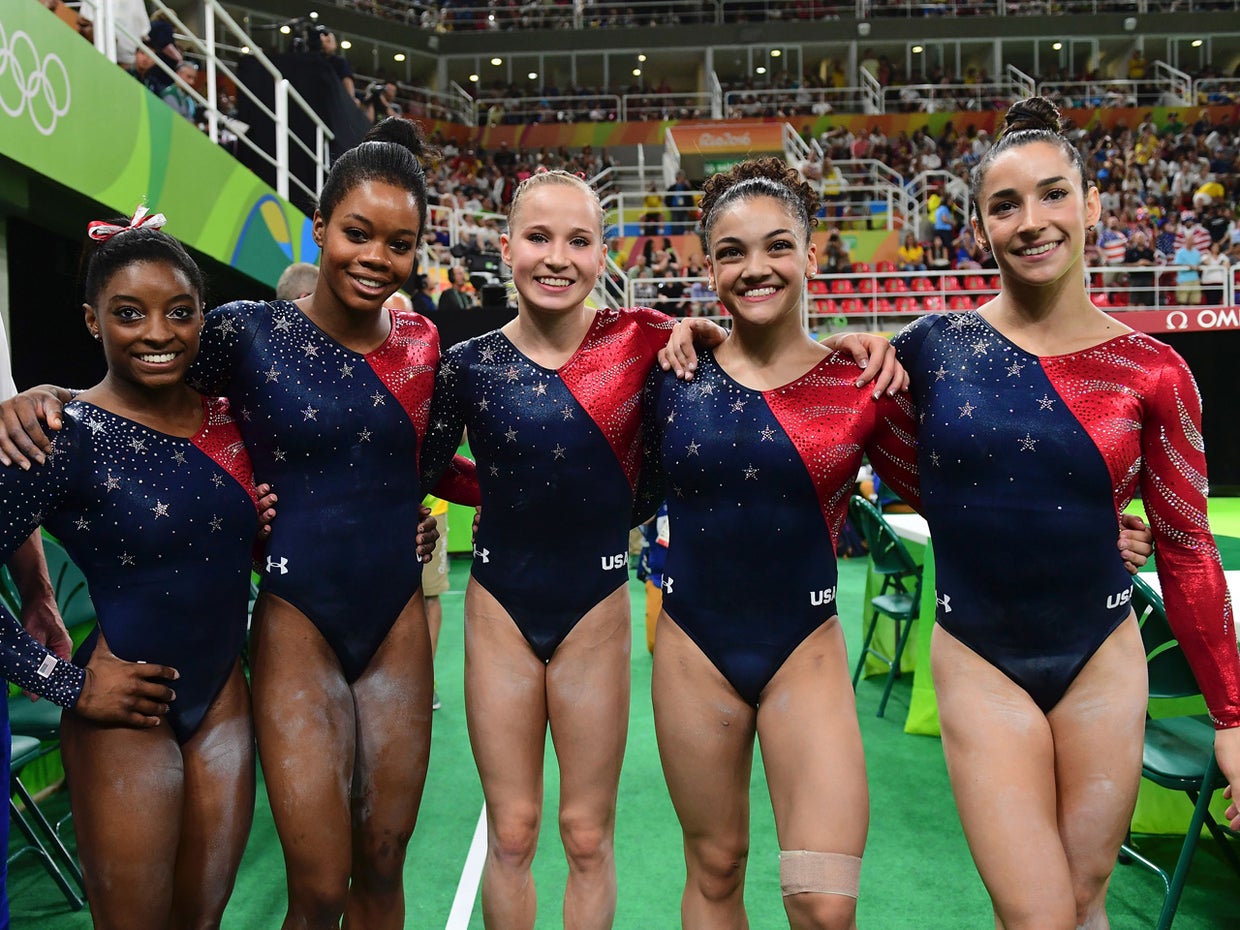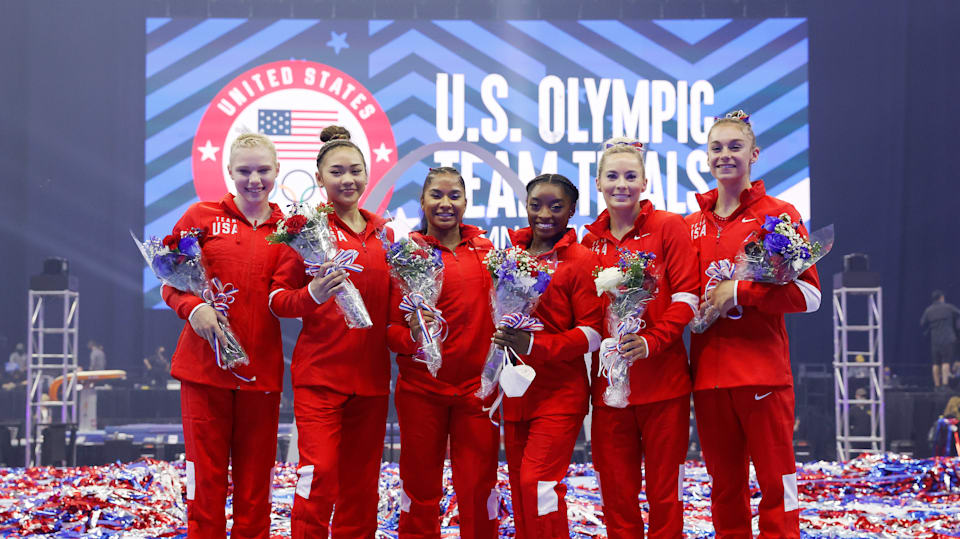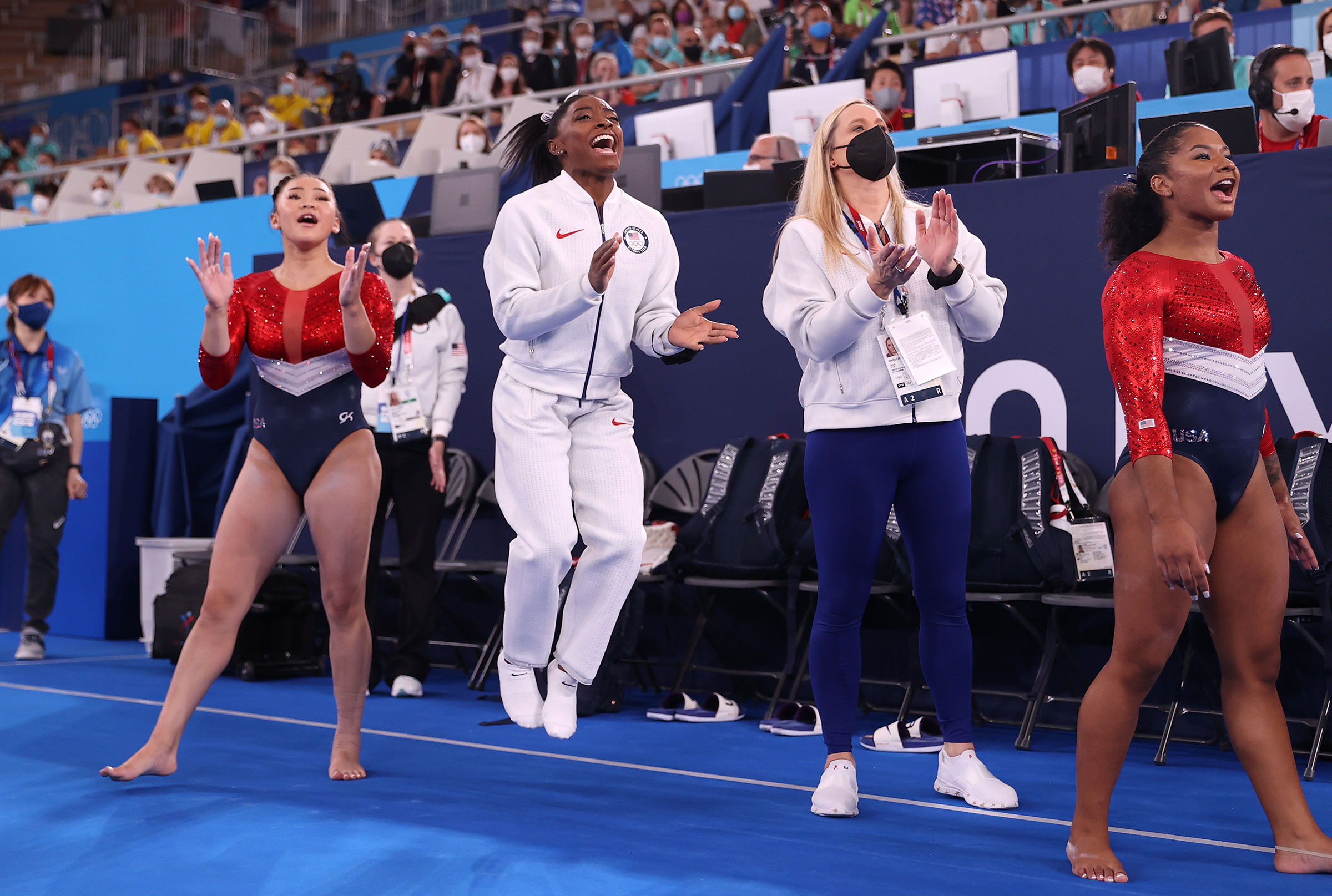America on the Olympics: A Legacy of Triumph, Controversy, and Nationwide Identification

The Olympic Video games, a quadrennial spectacle of athletic prowess and worldwide camaraderie, have performed a big position in shaping the narrative of the USA. From its early participation to its present standing as a dominant pressure, the US Olympic expertise is a posh tapestry woven with threads of nationwide satisfaction, sporting excellence, political maneuvering, and occasional controversy. This text will discover the multifaceted historical past of US Olympic involvement, inspecting its successes, failures, and the broader affect on American society.
Early Days and the Rise of Amateurism:
The US’s Olympic journey started in Athens in 1896, with a comparatively modest exhibiting. Early participation was characterised by a powerful emphasis on amateurism, a precept that usually clashed with the burgeoning professionalization of sports activities in America. This newbie ideally suited, whereas selling a way of pure competitors, additionally excluded many proficient athletes from deprived backgrounds who relied on monetary help for his or her coaching. Regardless of this, American athletes rapidly started to make their mark, successful important medals in monitor and area, swimming, and biking. The early twentieth century noticed the emergence of iconic figures like Jim Thorpe, a Native American athlete whose multi-sport brilliance stays legendary, although tragically marred by later controversies surrounding his newbie standing.
The Twenties and 30s witnessed a consolidation of US Olympic success, with sturdy performances throughout varied disciplines. The expansion of school sports activities applications performed a significant position in cultivating expertise and offering a structured pathway to the Video games. The period additionally noticed the rise of American dominance in swimming, a development that will proceed for many years.
The Chilly Warfare and the Olympic Stage:
The Chilly Warfare considerably impacted the narrative of the US Olympics. The Video games grew to become a stage for ideological competitors between the US and the Soviet Union, remodeling athletic contests into proxy battles for world affect. Medal counts grew to become a key metric of nationwide energy and technological superiority, fueling intense nationalistic fervor. This era noticed the emergence of highly effective Olympic committees, refined coaching applications, and the rising professionalization of athletes, albeit nonetheless working beneath the guise of amateurism.
The Sixties and 70s had been punctuated by moments of each triumph and disappointment. The beautiful efficiency of Jesse Owens on the 1936 Berlin Olympics, defying Hitler’s propaganda of Aryan supremacy, stays a robust image of athletic achievement and resistance. Nonetheless, the Chilly Warfare rivalry additionally led to boycotts and political maneuvering. The US boycotted the 1980 Moscow Olympics in protest of the Soviet invasion of Afghanistan, a choice that sparked appreciable debate and controversy throughout the US. Equally, the Soviet Union boycotted the 1984 Los Angeles Video games in retaliation. These boycotts underscored the rising politicization of the Olympic motion.
The Publish-Chilly Warfare Period and the Rise of Professionalism:
The autumn of the Soviet Union marked a big shift within the panorama of the Olympic Video games. The ideological battleground diminished, permitting for a renewed concentrate on athletic efficiency. The rising professionalization of sports activities within the US, significantly in basketball and baseball, additional blurred the strains between newbie {and professional} participation. The inclusion {of professional} athletes within the Olympics, beginning with basketball in 1992’s "Dream Staff," dramatically altered the aggressive panorama and captivated world audiences.
This period noticed the emergence of latest American sporting heroes, from Michael Jordan and the dominant US basketball groups to swimmer Michael Phelps, whose medal haul stays unmatched. The US continued to excel in conventional sturdy factors like swimming, monitor and area, and gymnastics, whereas additionally increasing its success in sports activities like snowboarding, skateboarding, and ladies’s soccer.
Challenges and Controversies:
Regardless of its constant success, the US Olympic journey has not been with out its challenges and controversies. Problems with racial and gender equality have been persistent themes. Whereas progress has been made, disparities in entry to assets and alternatives stay. The talk surrounding equal pay for female and male athletes continues to be a big concern.
Doping scandals have additionally solid a shadow on the US Olympic file. Whereas the USOC has applied strict anti-doping measures, constructive assessments and allegations of systematic doping applications in different international locations have raised issues in regards to the integrity of the competitors.
Moreover, the rising commercialization of the Olympics has raised questions in regards to the stability between athletic achievement and company pursuits. The exorbitant prices related to internet hosting the Video games have additionally led to criticism and debate about their financial viability and social affect.
The Way forward for the US on the Olympics:
Wanting forward, the US will undoubtedly stay a dominant pressure within the Olympic Video games. The nation’s strong sporting infrastructure, its huge pool of proficient athletes, and its dedication to high-performance coaching will guarantee continued success. Nonetheless, the US should additionally tackle the continuing challenges of making certain equitable entry to assets, combating doping, and navigating the advanced relationship between sport, politics, and commerce.
The US Olympic expertise is greater than only a assortment of medals and victories. It is a reflection of the nation’s evolving identification, its values, and its aspirations. It is a story of triumph and setback, of nationwide satisfaction and inside debate. Because the Video games proceed to evolve, the US’s participation will stay an important chapter in its ongoing narrative, a testomony to the enduring energy of athletic competitors and the human spirit. The long run success of the US Olympic crew will rely not solely on athletic prowess but additionally on addressing the social and moral issues that form the Video games themselves. Solely by acknowledging and addressing these complexities can the US actually harness the complete potential of its Olympic legacy.





:max_bytes(150000):strip_icc():focal(919x319:921x321)/usa-womens-gynastics-qualifies-2024-olympics-110222-1-561538bd6903449fa29831e23bcb1b3b.jpg)

